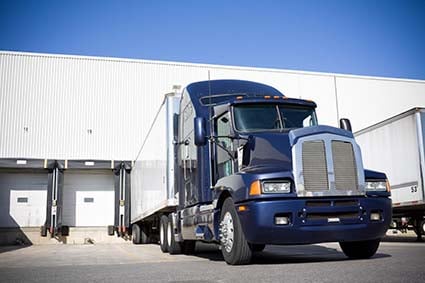A Warehouse Control System (WCS) is a software solution that helps streamline and optimize the day, to day operations of a warehouse or distribution center. Acting as a link between the Warehouse Management System (WMS) and the various automated systems and equipment like conveyors, sorters and robotic systems used in the warehouse WCS plays a role in ensuring efficient functioning.
Lets jump into the functions and advantages of employing a WCS;
Core Functions of a Warehouse Control System:
- Real Time Monitoring and Management; The WCS keeps tabs on the status of equipment and systems in real time facilitating smooth operations and swift responses to any arising issues. It offers insight into goods movement and statuses enabling adjustments and informed decision making.
- Coordinating Material Handling Systems; With its role in coordinating automated systems such as conveyors, carousels and AS/RS (automated storage and retrieval systems) WCS ensures collaboration among these systems to optimize goods flow.
Task Management:
- The system efficiently assigns tasks to automated equipment as workers for activities like picking, packing and sorting.
- It optimizes task assignments based on factors, like equipment availability and workload distribution.
- Integration of Data and Communication; A Warehouse Control System (WCS) seamlessly integrates with Warehouse Management Systems (WMS) and other corporate systems to exchange data and directives. It offers insights, into system performance and inventory status aiding in informed decision making and strategic planning.
- Dealing with Exceptions and Resolving Problems; The WCS identifies and resolves issues like equipment breakdowns or discrepancies in inventory levels contributing to minimizing downtime and ensuring uninterrupted operations.
Advantages of Implementing a Warehouse Control System
- Enhanced Operational Efficiency; Through streamlining automated and coordinating tasks a WCS enhances the efficiency of warehouse activities.
- Enhanced Precision; The system boosts accuracy in order processing by managing the movement and handling of goods.
- Increased Adaptability; A WCS can swiftly adjust to fluctuations in demand whether its changes in order quantities or product variations allowing warehouses to respond promptly.
- Cost Savings; By reducing errors optimizing workflows and improving equipment utilization a WCS plays a role in reducing expenses.
- Improved Data Handling; With its capability to provide data the system facilitates better analysis and decision-making processes.
For businesses aiming to elevate their warehouse operations performance levels incorporating a Warehouse Control System presents a stride, towards achieving heightened efficiency, precision and responsiveness.
In busy settings it is especially advantageous when multiple automated systems need to work smoothly for effective operations.





SHARE